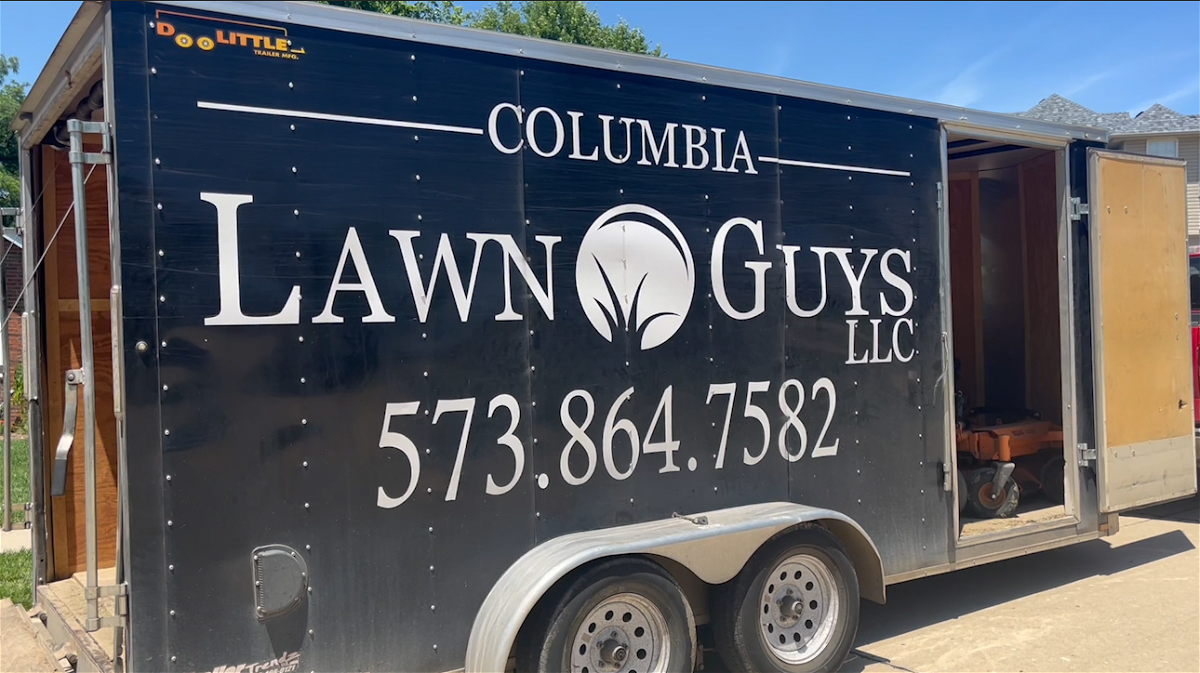Taking breaks is important to stay safe while working outside in heat, lawncare workers say

COLUMBIA, Mo. (KMIZ)
Outdoor workers are preparing to beat the heat in Mid-Missouri that will last into the weekend.
Temperatures in Mid Missouri are expected to near 90 degrees Wednesday and hit 'feels like' temperatures of mid 90s up to 100 degrees Thursday and Friday, which prompted the ABC 17 Stormtrack Weather Team to issue a Weather Alert Day.
Workers from Columbia Lawn Guys LLC said staying hydrated and taking breaks is crucial for them during their work days that can go as long as 11 hours.
"We try and take as many breaks as we can or a little bit longer breaks in between yards So we're not going full tilt the whole time and we just make sure we keep a lot of water in the car," said Sterling Odneal, who is the Mowing Crew Leader at Columbia Lawn Guys.
The Occupational Safety and Health Administration recommends "#WaterRestShade" for those working outside in high heat conditions.
WATER: OSHA says workers should drink a cool cup of water every 20 minutes, or something with electrolytes if you are working a long, physically demanding job.
REST: Skipping breaks when you work in the heat is not safe and OSHA suggests you take them regularly.
SHADE: When you do take your breaks make sure its a shady or cool location.
Understanding the symptoms of heat related illnesses, like heat stroke or heat exhaustion, and being able to recognize them is also crucial. The National Weather Service lists muscle spasms, nausea, dizziness and fainting as just a few symptoms of heat related illness.
Earlier this week, Dr. Christopher Sampson, an Emergency Physician at MU Health Care, said heat stroke is more severe than heat exhaustion. If you do start to experience symptoms due to the heat, Sampson recommends getting to a cool area as soon as possible. In the event of a heat stroke, he said to call 911 immediately.
The National Weather Service says extreme heat causes the most annual deaths of all weather-related hazards and says there are differences between heat exhaustion and heat stroke.
